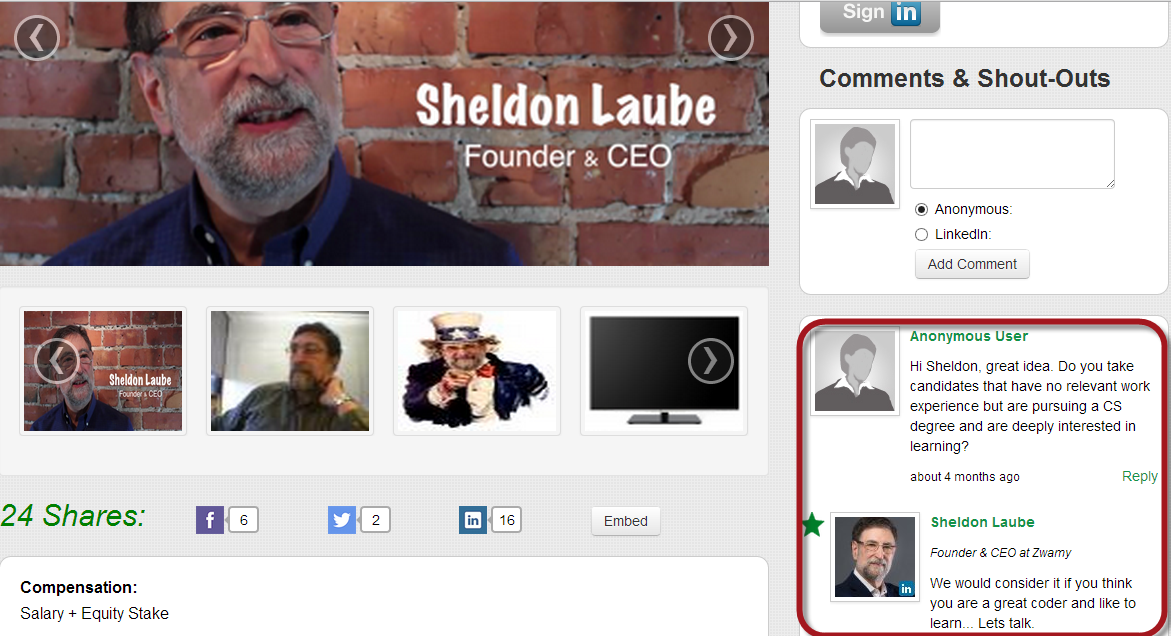Smarterer - Crowdsourcing skills
/Smarterer (www.smarterer.com/@smarterer) is first out with a formal placement in Spoke Innovation's HCM IDEASCAPE. It's a nice showcase as is demonstrates the application of relatively well known innovation (crowdsourcing) to a specific part of the HCM process (assessment).
What's the big idea?
What makes Smarterer noteworthy is the idea of applying crowdsourcing to skills testing.
Where's the ROI?
Employers see significant savings by using Smarterer as a replacement for / addition to traditional skills testing/early stage screening activities in the recruitment process. You can measure skills that cannot be easily or costeffectively measured in any other way. Smarterer should also be great for training needs analyses in an enterprise setting - imagine using this to map basic MS Office or IT security proficiency.
My two cents
In my brief experience (testing my MailChimp skills) not all questions were spot on - and a test managed by i.e. a professional body would possibly be that little bit tidier and more to the point. I would really love to see some collaboration with vendors, educational institutions and/or professional bodies - some type of moderator role. Surely this would be a great opportunity for a wide range of stakeholders. It may also be a way of getting paid - as a software vendor I can imagine myself paying for moderation/certification privileges. It could possibly lead to an increase in question quality and give added credibililty to the tests.
Why should you care?
As a HCM technology vendor Smarterer shows that crowdsourcing really works for this specific part of the HCM lifecycle. It makes you wonder how it may be applied to other functions - job ads, learning, onboarding, sourcing, career planning, rewards management, employer branding, etc.
And as mentioned above - as a HCM technology vendor - maybe you should use Smarterer to deliver your skills testing?
Smarterer found me to be "Proficient" at using Mailchimp. Not accurate; I am the Yoda of Mailchimp!




